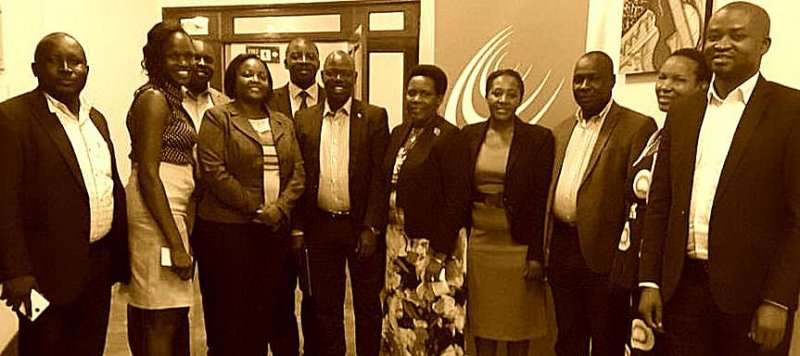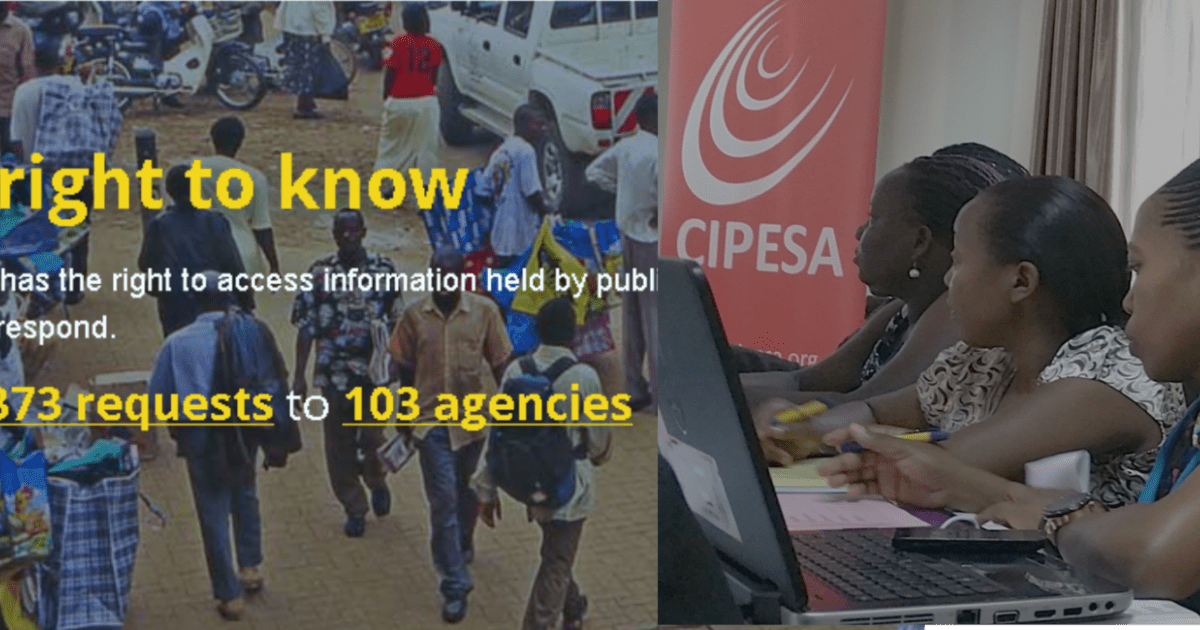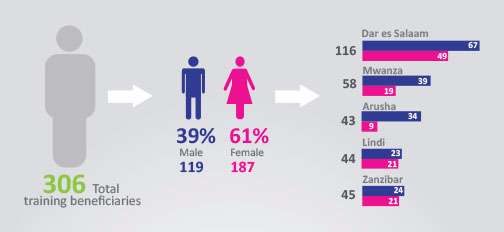By Juliet Nanfuka |
The Collaboration on International ICT Policy for East and Southern Africa (CIPESA) has met members of the ICT Committee of the Parliament of Uganda and presented proposals for more effective implementation of the Access to Information Act of 2005 and for amendments to this law in order to enhance citizens’ access to public sector information.
During the April 7 engagement, it emerged that the access to information law remains largely unknown, misinterpreted and unimplemented, thus fueling the gap in the amount of information held by the state available to citizens. Consequently, civic participation in governance, monitoring of service delivery as well as transparency and accountability in government, is undermined.
In 2005, Uganda enacted the Access to Information (ATI) law which granted citizens the right to access information held by the state. However, in the 12 years that have since elapsed, there are few cases to show utilisation of the law by citizens, and indeed the state.
Article 41 the Uganda constitution, states: “Every citizen has a right of access to information in the possession of the State or any other organ or agency of the State except where the release of the information is likely to prejudice the security or sovereignty of the State or interfere with the right to the privacy of any other person.”
Mary Paula Turyahikayo, chairperson of the ICT Committee, said the committee has worked to ensure that the necessary laws and infrastructure such as the national backbone infrastructure (NBI) project are in place to enable more citizens to access the internet.
Despite these measures, citizens’ access to vital information remains a big challenge, with the access to information law hardly implemented.
Public information should be made available to #public free of charge. The #RightToInformation law in #uganda says otherwise @AskYourGovUg
— CIPESA (@cipesaug) April 7, 2017
The ATI law requires every minister to make an annual report to parliament on the number information requests they received, indicating granted or rejected requests and reasons for rejection. However, no ministry has ever presented such a report. Moreover, at a workshop held last March for government information officers, it emerged that many of them are not aware of this obligation.
Silas Aogon, the Member of Parliament for Kumi Municipality, noted, “We have never seen any report to parliament on how the MDAs [Ministries, Departments and Agencies] are giving information to those who want to access it. I had never thought about asking for it until now.”
Ultimately, for the right to access information to be realised in Uganda, including meaningful implementation of the law, parliament needs to play an active oversight role. Indeed, while some MPs may not be conversant with the ATI law, they recognise the importance of citizens’ access to information for good governance. This was echoed by Abigaba Cuthbert, MP of Kibale County in Kamwenge district, who stated, “With increasing corruption, access to information is critical. We cannot talk about transparency without access to information.”
MPs in the #ICT Committee have been convened by @cipesaug to discuss #RightToInformation in #Uganda & #ICT4D @FrankTumwebazek @MoICT_Ug https://t.co/7faatVoLFr
— #AskYourGovUg (@AskYourGovUg) April 7, 2017
Accordingly, the CIPESA position paper on the State of Access to Information in Uganda makes several recommendations, the first being that parliament should use its oversight role and compel all public bodies to comply with section 43 of the Act which requires every minister to submit an annual report to parliament on requests for records or access to information made to a public body under his or her ministry. This will ensure that each ministry and the different agencies under it submit annual reports on the status of access to information.
Below are some of the other recommendations:
- Government ministries, departments and agencies should develop manuals containing descriptions, addresses, nature of work and services, how to access information and persons to consult as stipulated in section 7 (1), (2) and (3) of the Access to Information Act.
- Government should fast-track and operationalise the Digital Repository Centre for proper storage and accessibility of government records. This will serve to ensure the digitisation of information and more efficient information record keeping, management and release.
- There also remains a need for the ATI Act to be amended, specifically to:
See the full list of recommendations: State of Access to Information in Uganda
Today, we engaged MPs on their role in promoting the #Righttoinformation in #Uganda @cipesaug @AskYourGovUg pic.twitter.com/6cOR0q1KLD
— Nyamwiire (@LivelyLoyce) April 7, 2017








